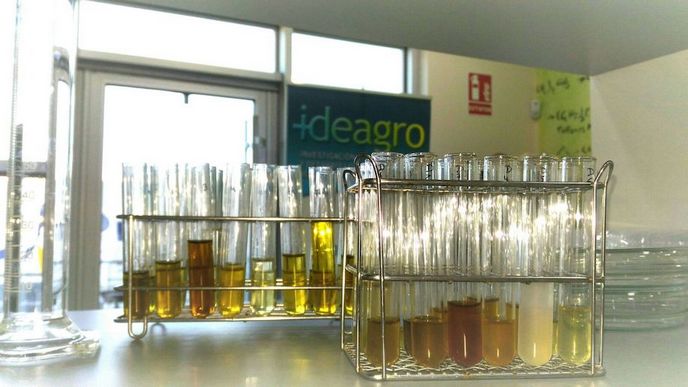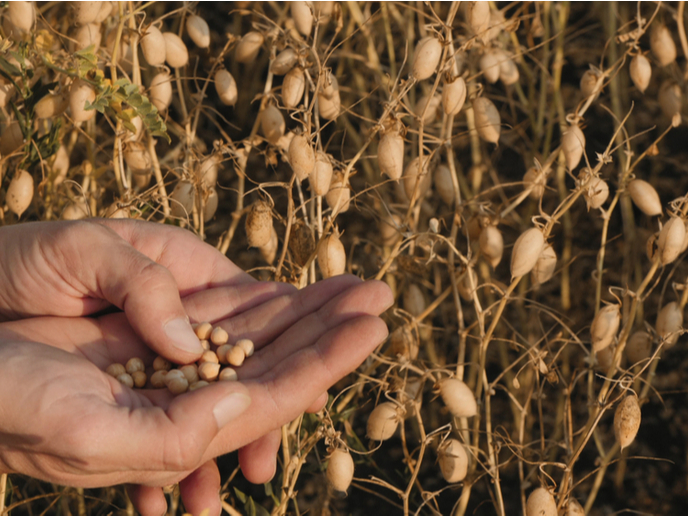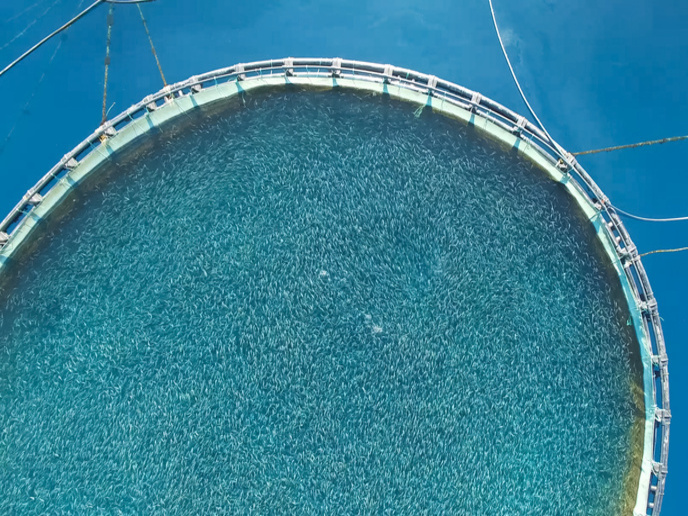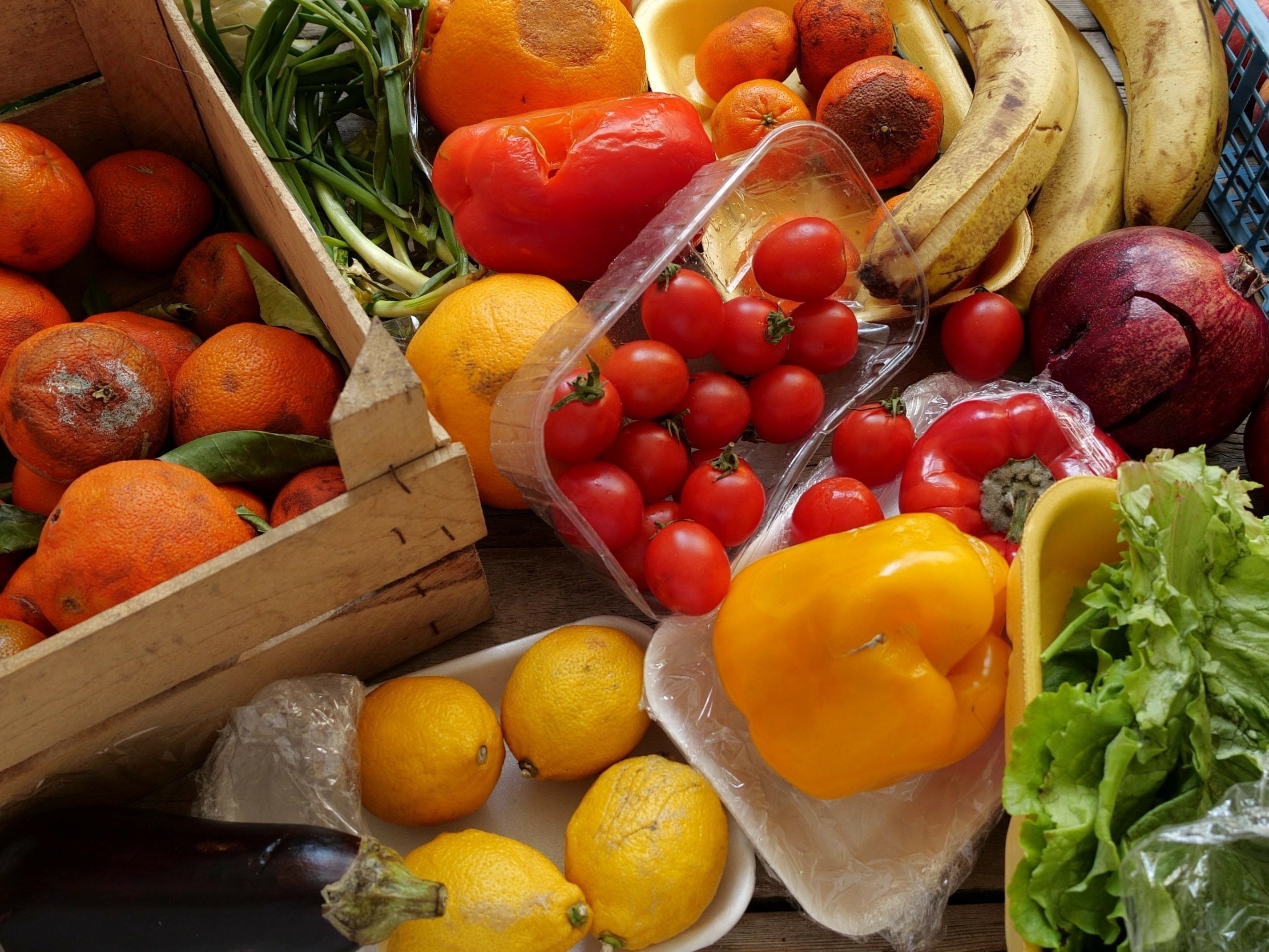Friendly fungus can protect crops – and us – from toxic mould
Every year, hundreds of millions of euro’s worth of cereal crops are lost to fungal spoilage globally. Of particular concern are fungal species which produce compounds toxic to human health. FREEMYCO is a novel approach to combatting this issue using biological control. “We are trying to develop a new system, a bio-fungicide,” explains project coordinator Alexia Stellfeldt, “a non-toxic fungus that outcompetes pathogenic fungi.” Fungi are a ubiquitous presence in the soil, and can contaminate a wide range of crops pre- and post-harvest. Some fungi, such as Aspergillus and Fusarium species, produce mycotoxins that cause sickness in humans and animals. What’s more, animals fed contaminated grain can pass these mycotoxins to their meat, eggs and dairy products. “We had huge contamination in milk here in Spain last year,” says Stellfeldt. Eating food contaminated with mycotoxins can lead to kidney and liver damage, immune system deficiencies, and cancer. Stellfeldt is project manager at Ideagro, an independent company focused on agri-food research and development. Researchers there identified a strain of Trichoderma koningiopsis fungus that limits the growth of mycotoxin-producing species in the soil. T. koningiopsis is itself a soil-dwelling species of fungi, so a single application can give protection for the entire season. The bio-control can be added to the soil before or after the crop is planted, with a kilogram of agent enough to treat one hectare of farmland. Ideagro was granted funding from the EU to investigate the potential of T. koningiopsis as a bio-treatment for cereal crops, and the viability of the product in a global fungicide market that is worth around EUR 16 billion a year. Stellfeldt notes this would have been impossible to do without the EU’s support: “Due to the uncertainty of this kind of project, banks won’t lend you the money for it.” The company now plans to carry out FREEMYCO field tests to further demonstrate its efficacy in a real-world setting. The team must also develop ways to mass-produce the bio-control. “You can do some research in your laboratory with 10 millilitres of fungus, but when you reach the commercial stage, you need to adapt the conditions to produce the fungi on a huge scale,” adds Stellfeldt. Growing demand for food and shrinking resources – particularly soil degradation – means that agricultural land is under increasing pressure. Warm, wet conditions are conducive to fungal growth, and climate change is expected to aggravate the risk and severity of fungal outbreaks. Stellfeldt says the future of farming lies in developing novel agricultural products that work in harmony with the environment. If successful, FREEMYCO will be the first effective and sustainable solution for controlling Aspergillus, compatible with conventional and organic farming. “We need to find the tools to be more efficient, and have a more eco-friendly system,” concludes Stellfeldt. “To sum up, we need to do more with less.”
Keywords
FREEMYCO, fungus, fungi, fungicide, cereal, mycotoxin, grain, crop







